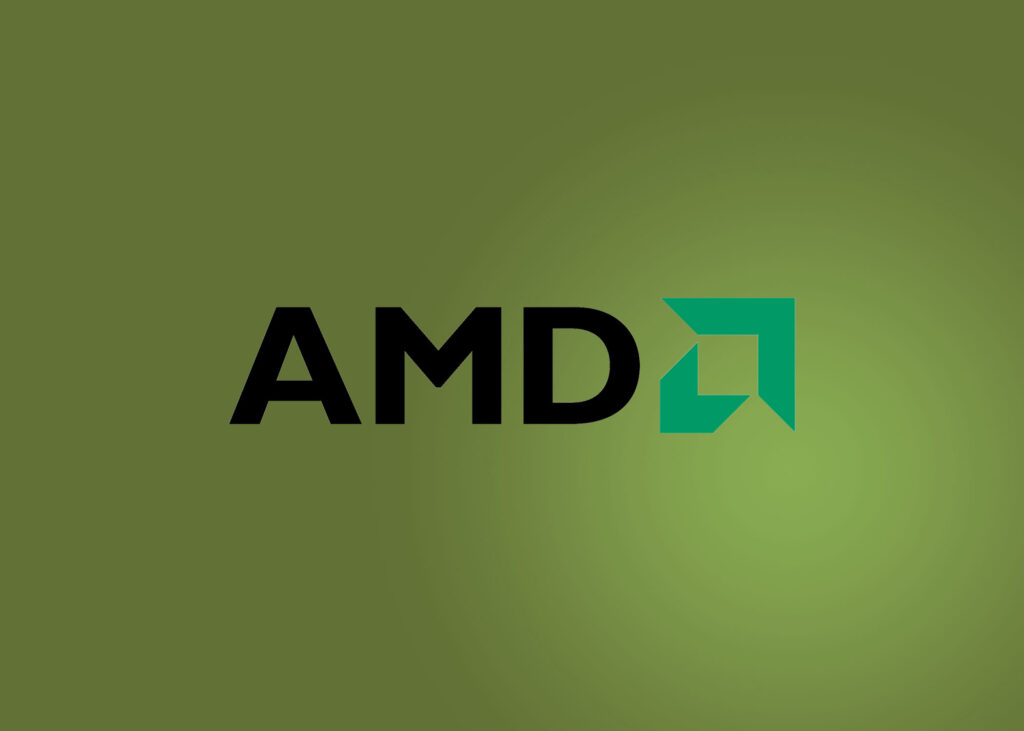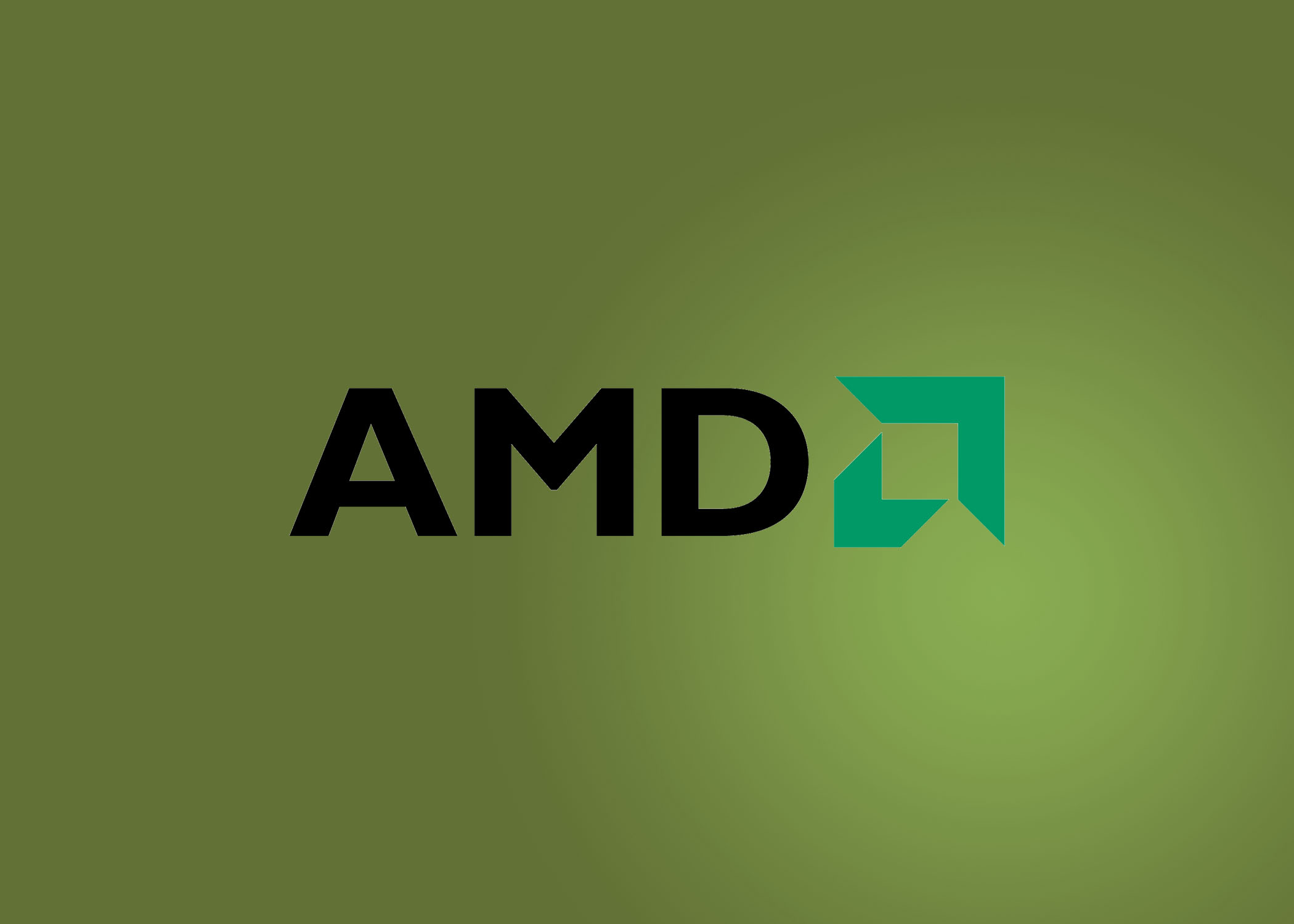AMD has introduced a range of AI-enabled hardware, including its 5th Gen AMD EPYC server processors and the Ryzen AI 300 series for mobile devices.
Dr. Lisa Su, AMD’s chair and CEO, announced these updates at Computex 2024. The presentation highlighted the expanded roadmap for AMD’s Instinct AI accelerators, with several 2024 release dates.
The 5th-generation EPYC server processors are set to launch in the latter half of 2024. Additionally, the AMD Instinct MI325X accelerator is expected in Q4. Looking further ahead, the CDNA 4 architecture will debut in the 2025 Instinct MI350 series.
Su detailed plans for annual AI product releases, focusing on performance and memory enhancements for generative AI workloads. AMD claims the Instinct MI325X will feature 288GB of ultra-fast HBM3E memory.

However, AMD suggests the MI350 series will be 35 times faster than the 300 series. An MI400 series is already planned for 2026. These frequent updates may overwhelm customers, raising doubts about the practical benefits amid technical jargon.
At Computex, Microsoft CEO Satya Nadella described AI as a significant shift poised to change our lives and work. Microsoft’s Copilot software is a central part of this movement.
Skeptics might view this as capitalizing on a hype cycle. Yet, the strategy is successful, so AMD and other tech giants continue to invest heavily in AI.
Making AI Accessible
The goal is to simplify AI for everyday users and integrate it into essential processes. AMD’s recent announcements aim to spark new uses for AI technology.
HP showcased image generation with Stable Diffusion on a Ryzen AI 300 processor-powered laptop. However, tech companies still need to prove AI’s true value.
Lenovo and Asus also demonstrated AI applications in business, consumer, and content creation contexts. However, the specifics of these demonstrations remain vague.
AMD highlighted AI’s potential in industry and research. For instance, Illumina uses AI for genome sequencing, Subaru for driver assistance to achieve zero fatalities by 2030, and Hitachi Energy for predicting electrical overvoltage.

